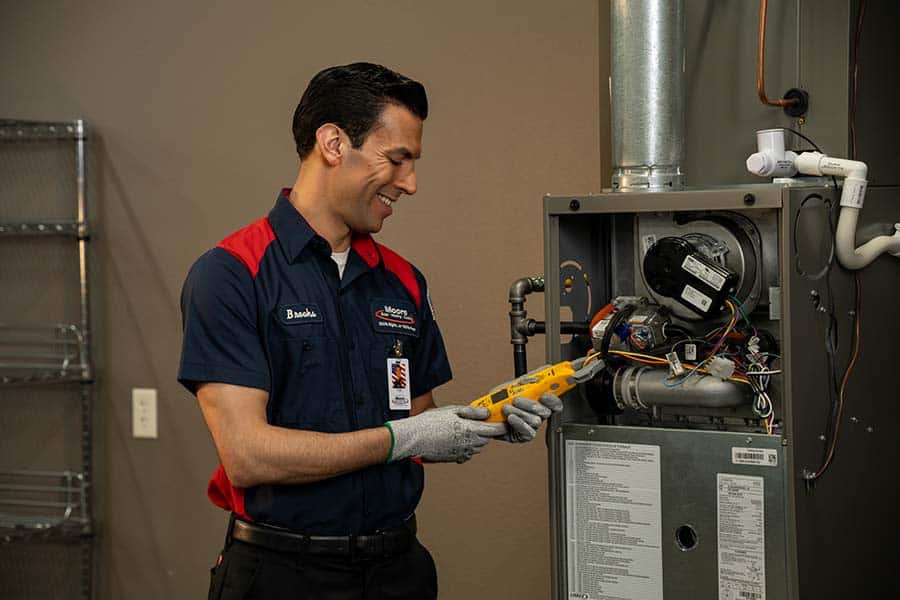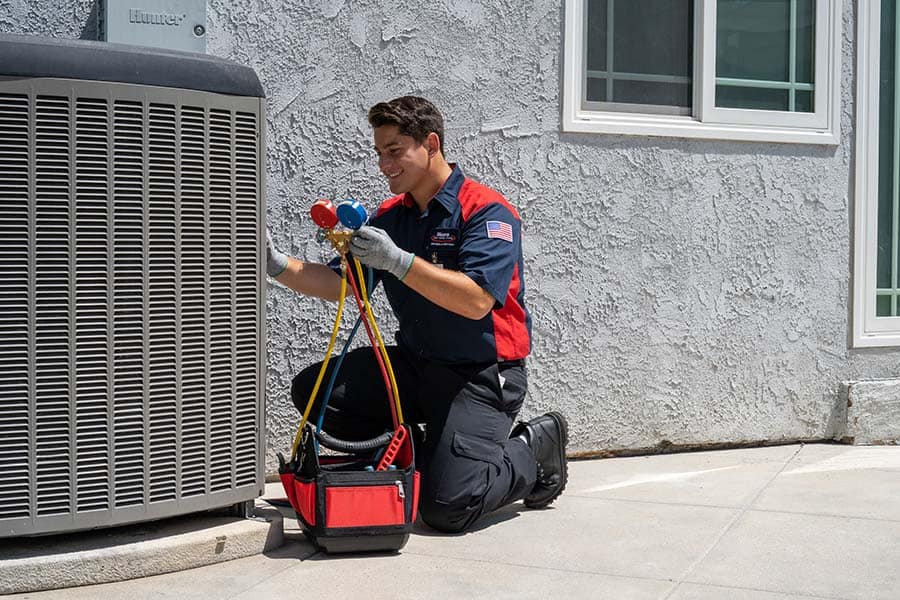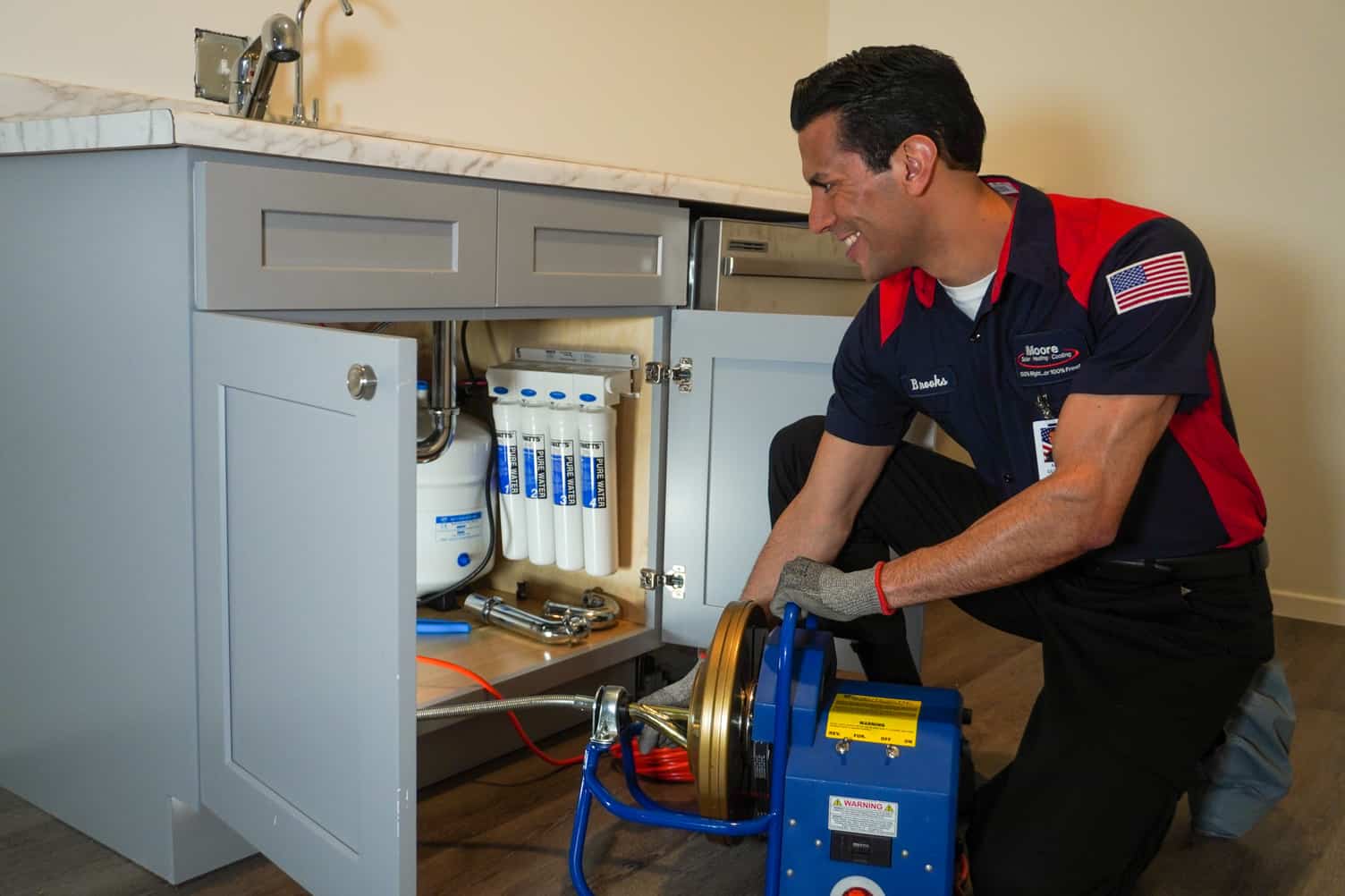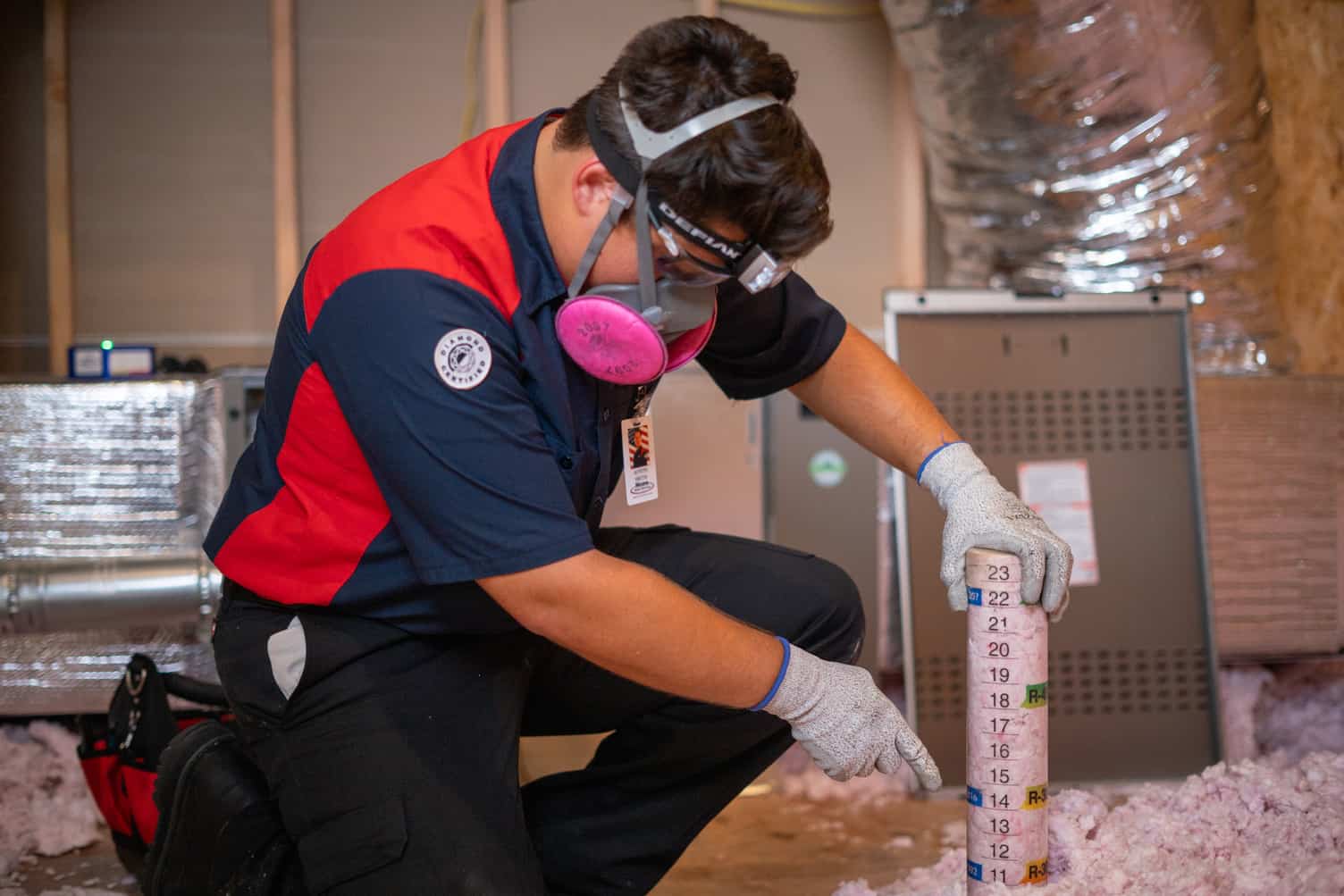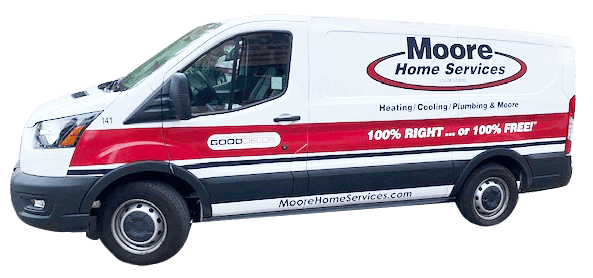How to Decide Between New HVAC System Quotes
Answers To All Your Heating Questions
No, in fact 95% furnaces use the highest quality components and materials like stainless steel to increase reliability, and lifespan.
No, we cannot provide a quote over the phone, as pricing varies based on your needs and the unique conditions in your home. Some of the other considerations include:
- Code violations/upgrades
- Efficiency of new unit
- Integrating existing equipment
- Filtration requirements
- Zoning and lifestyle additions
- Installation location
In order to properly size your system, a detailed load calculation must be performed by a qualified technician. Installing an oversized or undersized unit may result in higher utility bills and your system may not heat or cool at capacity.
According to leading consumer and trade magazines and the US Department of Energy, the heating and cooling contractor you choose does make a difference. The same equipment can be installed in the same home by two different contractors, and there can be a difference in comfort, equipment efficiency, and overall life.
First, make sure the unit is properly sized. We will provide a load calculation for your home. Next, consider any comfort issues in the home. Some products can reduce air stratification and uneven temperatures from room to room. If you have allergies, an indoor unit with an Variable Speed motor will allow you to circulate the air in your home continuously while filtering the air for about the same cost as operating a standard light bulb. Finally, know your budget parameters and the efficiency of the system being proposed. Does the system offer a payback? In other words, will the monthly savings over time offset the cost of the new unit or efficiency option being considered?
Many factors affect the cost of a heating or air conditioning system, including the size of your home, the type and condition of the ductwork installed and accessories you might need such as a thermostat or an electronic air cleaner. We have a complete range of systems and accessories available to meet all your needs, including your financial ones! We will be happy to assist you in finding the right system to meet not only your comfort needs but also your household budget.
It’s a fact: the trapped air we breathe in our homes can be loaded with dust, pollen, plant spores, and other pollutant particles. In many cases, it’s worse than the air outside.
Look for contractors that fully complete a load calculation to properly size any new equipment. Make sure they are licensed, bonded and insured, and ask for proof of this. Be sure they permit all applicable work. Check their record with the state Attorney General’s office. Lastly, seek referrals from friends, family and neighbors with similar values and needs. If they’ve been happy, odds are that you’ll be happy.
If the cost of energy and maintenance seems to be too high, it likely is. A new heating and cooling unit will be worry-free. You won’t have to consider whether the latest Band-Aid repair will get you through the next season. Just switching to a modern air conditioning unit with a SEER rating of 16 can save $50/year from the older models that typically have a rating of about 13 or less. If you schedule an appointment we can give you an assessment of just how old your unit is and how much energy savings you can gain by getting a modern high efficiency unit.
Most systems have a lifetime of 15 to 20 years. As your equipment gets older, its efficiency can decrease dramatically. You may notice that it gets noisier and needs repairs more often. When a unit begins to show its age, you have two choices — You can overhaul the system or replace it. Because heating and cooling technologies improve over time, a new system designed with newer, more energy-efficient equipment makes sense, especially if your system is 7 or more years old.
Permit requirements vary by location and the type of work being done. If the job requires a permit, it will be addressed before any work agreements are signed.
Answers To All Your AC and Ventilation Questions
That depends on the size of the blower fan in your existing furnace, the capacity of your duct system, and the cooling needs of your home. Our Design Technicians can inform you of your air conditioner options, along with the cost and benefits of each.
Building analyst experts estimate that as many as 70% of all homes with central heating and air have poorly installed ductwork. Ducts that are not properly sealed or insulated fail to get the hot or cool air where you want it efficiently, therefore costing you money. Before investing in a new system, we want to take a look and checks your ducts and address any problems that their may be. We do not recommend spending money on a new, super-efficient system unless you are sure those efficiency gains won’t be lost by poor ductwork.
Here are some suggestions that can help you reduce your energy costs:
- Upgrade to a high-efficiency system – Swapping your old, inefficient air conditioning system for a high-efficiency one can cut electricity bills by up to one-third.
- Adjust the temperature – Typically, adjusting temperatures 5–8 degrees (down in winter, up in summer) can help save energy if you’re going to be away from home for several hours.
- Install ceiling fans – Change the direction of airflow on your ceiling fans. In the summer, the blades should operate in a counter-clockwise direction. In the winter, the blades should operate in a clockwise direction helping to push the warm air from the ceiling down into the room.
- Have annual maintenance performed – Tuning up your cooling system each spring and your heating system each fall will help ensure each operates at peak efficiency and can help you identify and resolve any potential issues before a breakdown occurs.
- Don’t block air vents – Keep your supply and return air vents free of objects like blinds, carpets or furniture so your air conditioner or furnace can operate efficiently and there is even air distribution.
- Install a programmable thermostat – A programmable thermostat enables you to control your home’s temperature when you’re away or asleep. For every 1° you lower your thermostat for seven hours per day, you can save approximately one percent on your heating bill.
You can avoid costly HVAC repairs by having your system regularly inspected and maintained by one of our certified technicians.
Many factors affect the cost of a heating or air conditioning system, including the size of your home, the type and condition of the ductwork installed and accessories you might need such as a thermostat or an electronic air cleaner. We have a complete range of systems and accessories available to meet all your needs, including your financial ones! We will be happy to assist you in finding the right system to meet not only your comfort needs but also your household budget.
It’s a fact: the trapped air we breathe in our homes can be loaded with dust, pollen, plant spores, and other pollutant particles. In many cases, it’s worse than the air outside.
If you have a qualified technician like ours perform regular preventative maintenance and service suggested for your unit, industry averages suggest that an air conditioner should last 12-15 years and a gas furnace should last as many as 20-25 years.
According to the Environmental Protection Agency (EPA), your exposure to air pollutants can be up to 100 times higher indoors than outdoors. Air scrubbers and Active filtration are ways in which we can help rid your home of allergens and toxins to improve your health.
If the cost of energy and maintenance seems to be too high, it likely is. A new heating and cooling unit will be worry-free. You won’t have to consider whether the latest Band-Aid repair will get you through the next season. Just switching to a modern air conditioning unit with a SEER rating of 16 can save $50/year from the older models that typically have a rating of about 13 or less. If you schedule an appointment we can give you an assessment of just how old your unit is and how much energy savings you can gain by getting a modern high efficiency unit.
With the proper attention, heating and cooling systems can keep you comfortable year-round. Heat pumps and oil-fired furnaces and boilers need a yearly professional tune-up. Gas-fired equipment, on the other hand, burns cleaner and can be serviced every other year. A close inspection will uncover leaks, soot, rust, rot, corroded electrical contacts and frayed wires. In furnace (forced-air) and boiler (hot-water) systems, the inspection should also cover the chimney, ductwork or pipes, dampers or valves, blower or pump, registers or radiators, the fuel line and the gas meter or oil tank — as well as every part of the furnace or boiler itself. Next, the system should be run through a full heating cycle to ensure that it has plenty of combustion air and chimney draft. Finally, cleaning the burner and heat exchanger to remove soot and other gunk will prevent such buildup from impeding smooth operation. For the burner, efficiency hinges on adjusting the flame to the right size and color, adjusting the flow of gas or changing the fuel filter in an oil-fired system. A check of the heat pump should include an inspection of the compressor, fan, indoor and outdoor coils and refrigerant lines. Indoor and outdoor coils should be cleaned, and the refrigerant pressure should be checked. Get A Precision Tune-Up and Safety Inspection
This is a great question! When your energy bills are starting to irritate you or when you feel that you are starting to get hot and cold spots within your home! Contact us today and we’ll help you make the best decision possible!
No, you don’t want your air conditioner to be too large. Air conditioners control the comfort level in your home by cooling the air and by removing humidity. An oversized air conditioner can cool your home faster, but it will use more energy and will not remove humidity adequately. In addition, your existing ductwork may not be able to support the airflow of a larger system. A unit that is too big for your home will have short run cycles. It can take only a short time to cool the air, but the unit shuts off before enough air blows across the indoor coil where moisture condenses into water and drains from your system. Too much moisture left in the air can lead to mold and mildew problems. These short run cycles also mean your system starts and stops more often which uses more energy and causes a lot of wear and tear. An air conditioner operates more efficiently during long run cycles. The same holds true with heating systems. An oversized furnace can warm the house quicker, but it uses more fuel and causes greater temperature swings in the home.
Our HVAC Services
Moore Home Services is one of the fastest growing HVAC companies in the North Bay.
